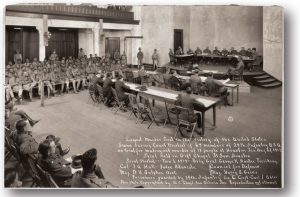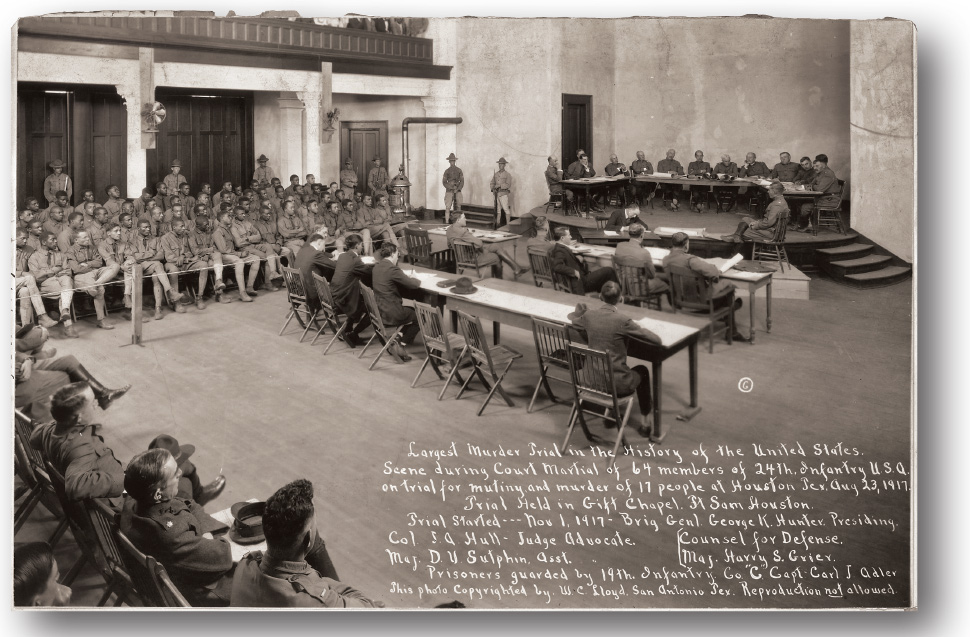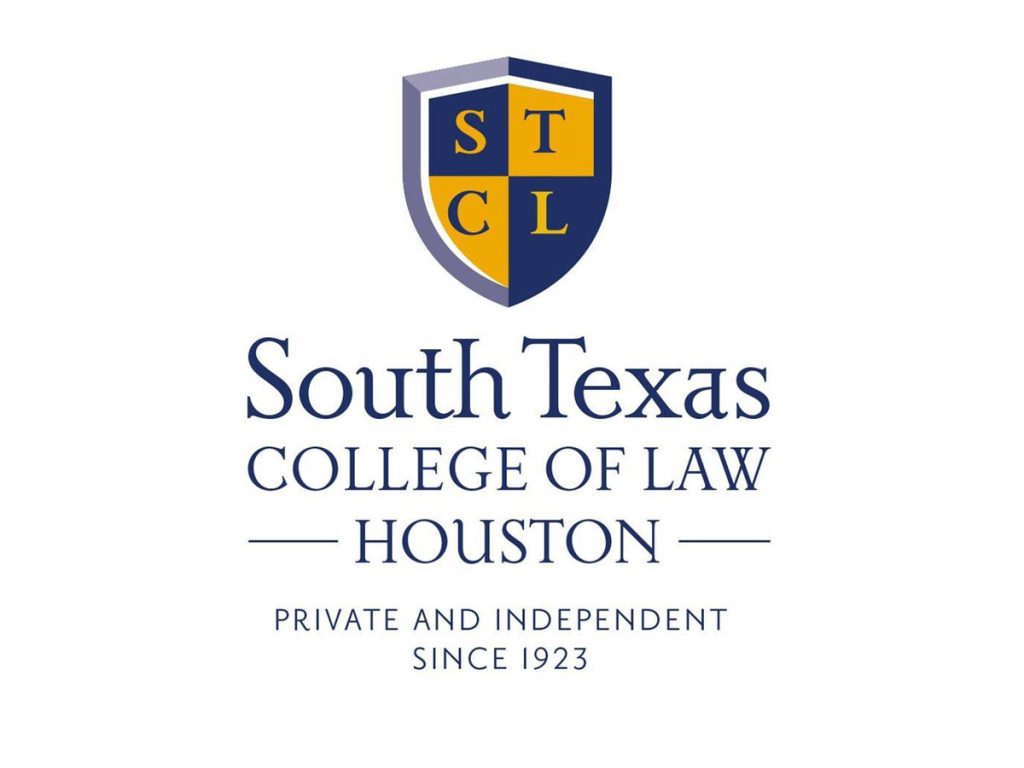WHAT:
The NAACP Houston Branch and South Texas College of Law Houston (STCL Houston) will sign a memorandum of understanding affirming their joint efforts to fight for long-overdue justice and clemency for soldiers of the 24th Infantry Regiment at Camp Logan (now Memorial Park), who were unjustly convicted and punished by General Court Martial in 1917 for their involvement in riots in Houston after a series of racially-charged incidents and continued abuse of Black soldiers.
WHEN:
Friday, Dec. 17, 2021, 10 a.m.
RSVP by emailing events@stcl.edu
WHERE:
Atrium, South Texas College of Law Houston, 1303 San Jacinto St., Houston, TX 77002
WHO:
Michael F. Barry, J.D., STCL Houston president and dean
Dr. James Dixon, NAACP Houston Branch president
Geoffrey Corn, The Gary A. Kuiper Distinguished Professor of National Security Law, STCL Houston
Professor Angela Holder, Descendant of a Camp Logan soldier
Founded in 1923, South Texas College of Law Houston is the city’s oldest law school, with a mission of diversity and access and a purposeful focus on justice.
Founded in 1909, the NAACP is the nation’s oldest and largest grassroots civil rights organization. The Houston Branch was founded in 1918.
WHY:
 The NAACP Houston Branch and STCL Houston share common priorities and interests in ensuring an accurate historical narrative of the events that transpired at Camp Logan and the stories of the soldiers involved. Because of their shared commitment to equal justice under the law, the NAACP and STCL Houston are collaborating to fulfill the mission of obtaining clemency and/or pardon for the Camp Logan soldiers.
The NAACP Houston Branch and STCL Houston share common priorities and interests in ensuring an accurate historical narrative of the events that transpired at Camp Logan and the stories of the soldiers involved. Because of their shared commitment to equal justice under the law, the NAACP and STCL Houston are collaborating to fulfill the mission of obtaining clemency and/or pardon for the Camp Logan soldiers.
“The Camp Logan Riots occurred Aug. 23, 1917, after a series of racially charged incidents and continued abuse of Black soldiers from the 24th U.S. Infantry Regiment by local police officers. The riot resulted in 17 dead, including four police officers, nine civilians, and two soldiers. Following the riot, military tribunals indicted 118 Black soldiers and found 110 guilty. Though two white officers faced court martial, they were released, and no white civilians or police officers were brought to trial. This court martial marked a salient turning point in the development of American military law ….” – Dru Brenner-Beck, Adjunct Professor, STCL Houston; Former President, National Institute of Military Justice



